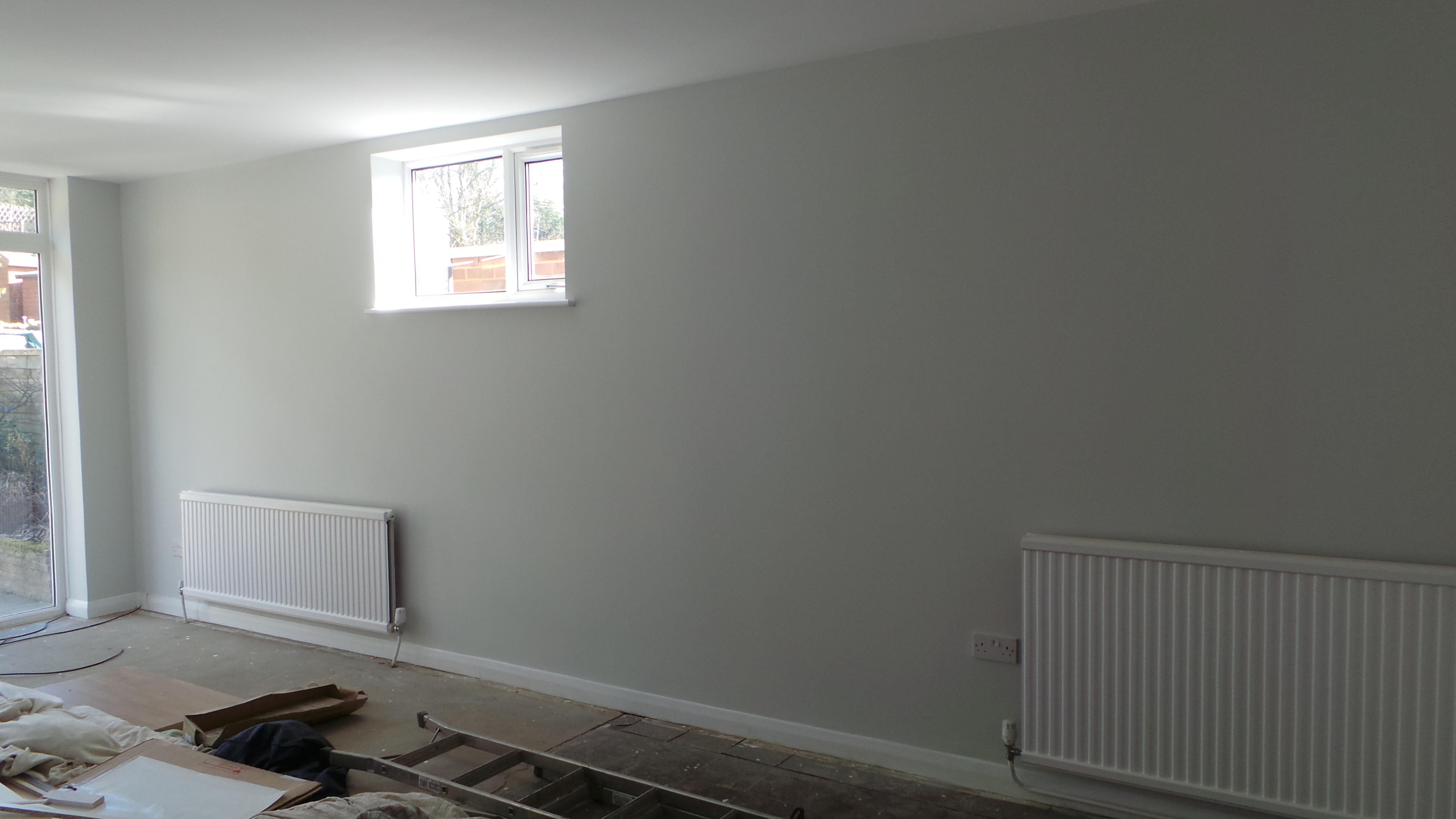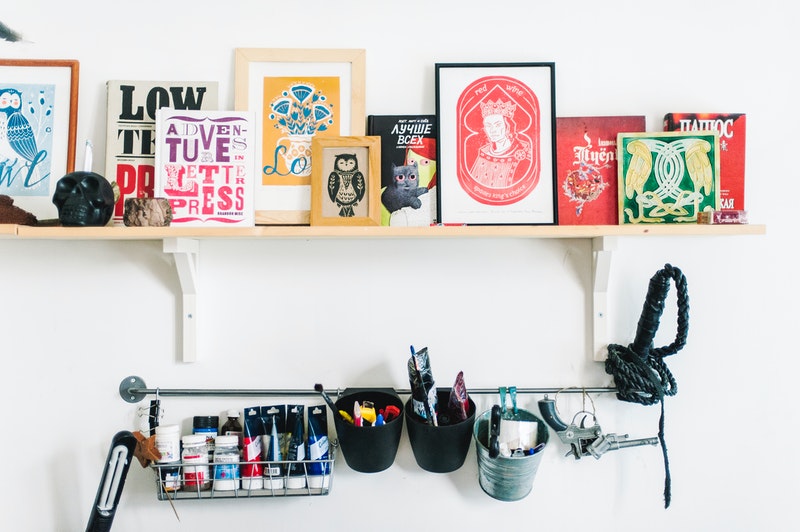4 Ways You Can Prepare For Your First Mortgage And Ensure It Gets Approved

Taking out a mortgage is most likely going to be among the biggest financial commitments of your life. This is why it is crucial to familiarise yourself with all the different factors that may affect your credit score. It can be difficult for first-time buyers to know where to begin and how to navigate this new situation. Thankfully, you can take some key steps to improve your chances of getting accepted and make the whole process a bit easier and less stressful. Below we have rounded up our top tips to prepare effectively for your first mortgage and ensure everything goes smoothly.
Check Your Credit Score
Mortgage lenders will need to know how creditworthy you are, and one of the things they will check is your credit score. There is a range of factors that can affect your credit history, from the amount on your credit card each month to the way you handle repayments. It is common for people not to think about their credit scores until they need to apply for a mortgage. Nevertheless, this can lead to unpleasant surprises, which can present you with further challenges in getting on the property ladder. Therefore, it is essential to obtain your credit score as early as possible.
Speak To A Mortgage Broker
If your credit score is worse than you thought, it is important to explore the different possibilities available to you. It may be difficult to navigate this process as a first-time buyer, and you will want to ensure the best deal. This is why it may be worth contacting a mortgage broker, such as Money Nest, who can offer advice on getting a bad credit mortgage. This mortgage is suitable for borrowers with a poor credit history looking for an alternative option. Apart from a bad credit mortgage, you may also be able to get a mortgage with a CCJ and a mortgage with no credit history.
Stay Within Your Price Range
Before you begin house-hunting, it is recommended to establish how much you can afford realistically. You will want to avoid making an application that will be rejected by a lender. Remember that considering the maximum amount available to borrow may lead to stretching yourself thin. It is crucial to consider all monthly outgoings including utility bills, travel expenses, and non-essential purchases. Lenders will evaluate your income and outgoings to decide whether you are capable of keeping up with repayments. Check out this handy mortgage affordability calculator, which can help you gain a better insight into your financial situation.
Prepare Proof Of Income
To provide proof of how much you earn, you will likely need to prepare a P60 form, which can be obtained from your employer each year. It will show a summary of your earnings, as well as tax deductions. Alongside this, you may be asked to supply bank statements valid for the last three months and payslips so that lenders can assess your income and outgoings. However, if you are self-employed, it can be slightly more complicated. You will need to obtain an SA302 form from HMRC or your full accounts relating to the last three years. These documents will be essential to securing a mortgage.





